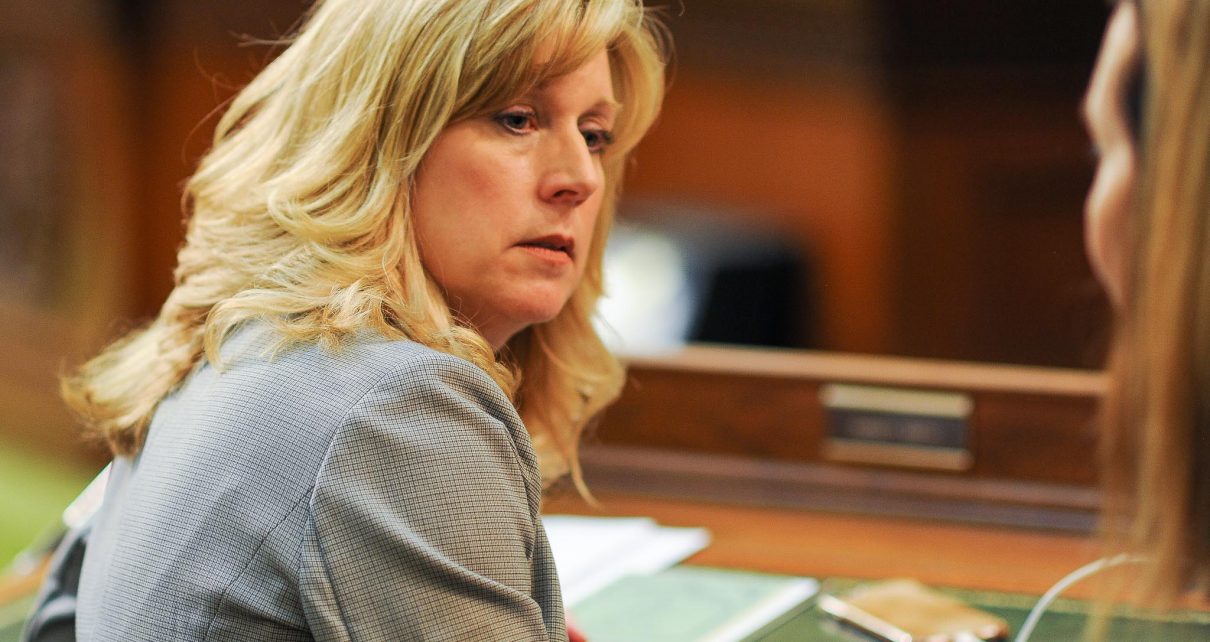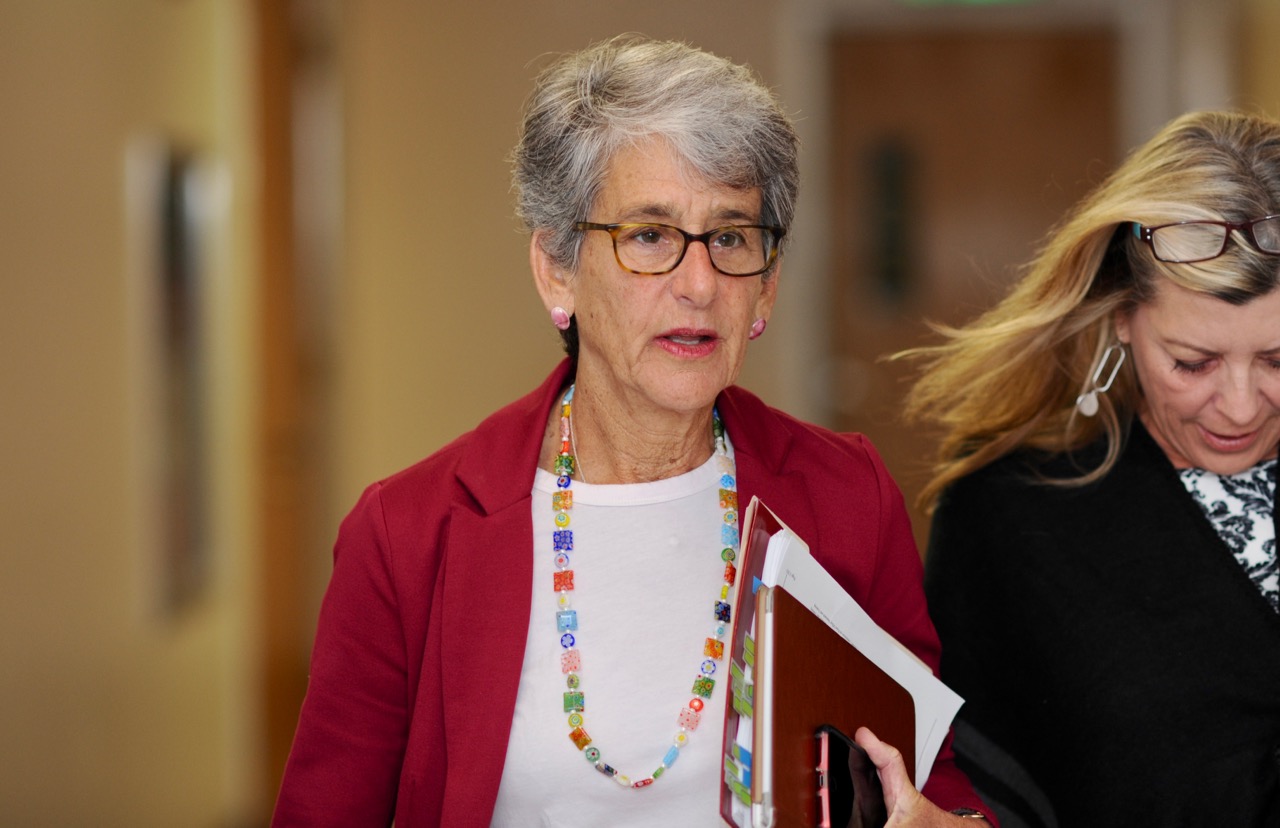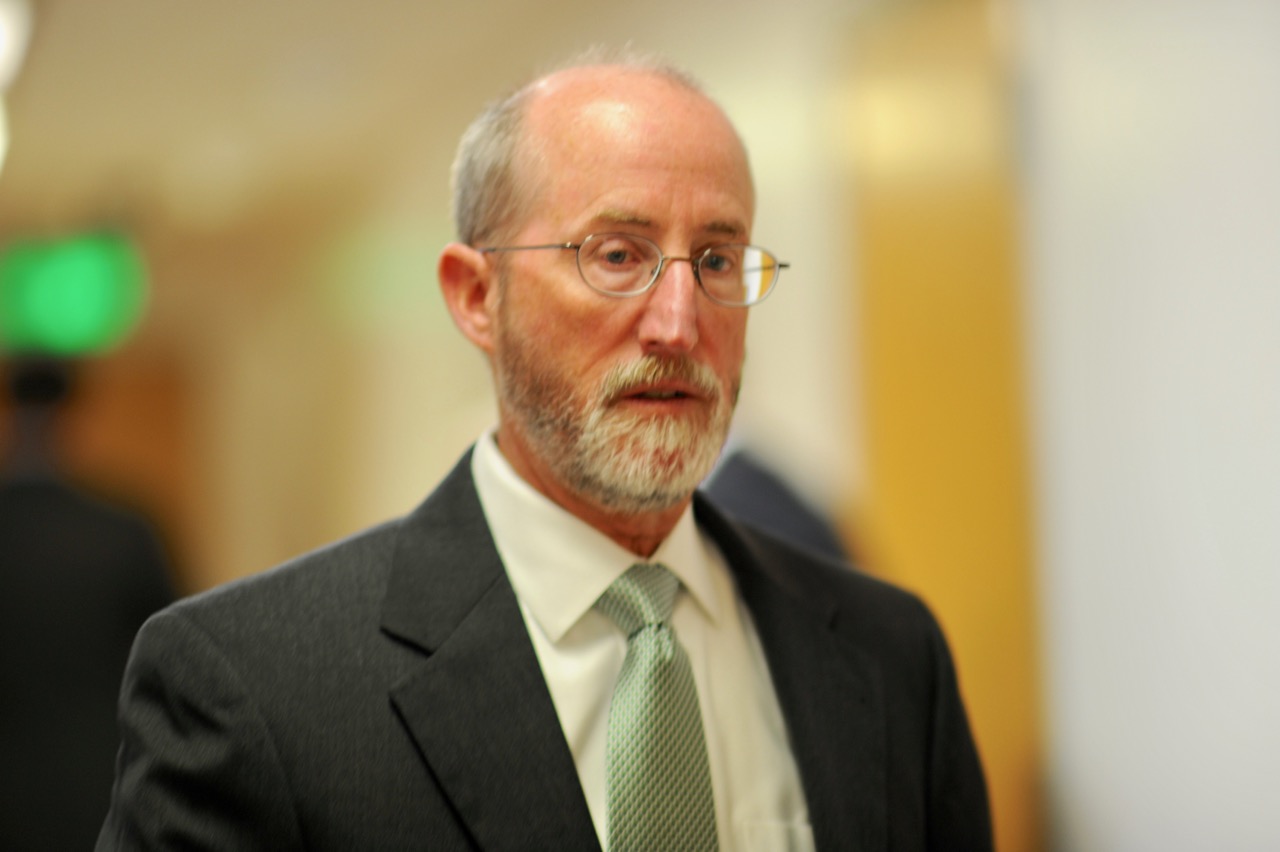
Assemblywoman Christy Smith. (Photo: Kevin Sanders for California Globe)
Assembly Approves Bill Giving Special Needs Input, More Arrangement Time For Emergency Planning
AB 3267 passed unanimously in Assembly, on way to Senate
By Evan Symon, June 10, 2020 9:05 pm
On Monday, a bill that would give the Office of Emergency Services (Cal OES) more time to complete after-action reports and get greater special needs community input for emergency recovery plans in reports was passed by the Assembly.
Assembly Bill 3267, written by Assemblywoman Christy Smith (D-Santa Clarita), would add an extra 60 days of planning and input time to Cal OES after-action reports. Under the bill, they would now have 180 days from the day of disaster declaration to write the report. More community input, specifically for those with special needs such as wheelchair users and those needing assistance, would also be required in each report.
Assemblywoman Smith wrote AB 3267 in response to the growing number of wildfires and planned blackouts which caused many with disabilities and special needs even more stress and additional medical issues. A state auditor’s report that found disability, language barriers, and transportation issues to be major risk factors also factored in to the bill.
“We have seen over and over again how wildfires,a persistent threat in the 38th Assembly District and California, disproportionately affect older adults, people with disabilities and our medically vulnerable population,” said Assemblywoman Smith in a statement on Monday. “During disasters, it’s essential everyone gets to safety and individual needs are met. This bill ensures, from planning to recovery, representatives from the access and functional needs community are heard.”
Disability advocates also stressed the need for such a change to Cal OES after-action reports.
“They need to know what our needs are in such situations,” explained William Ruther, a disability advocate in San Mateo County. “A lot of older people can’t drive out of there. People like me who are paralyzed can’t either. Neither can those with significant mental disabilities. Some are lucky enough to have caretakers or a circle of friends to check up on them, but many others are not. There needs to be a plan in place to help those people during an emergency, even if it’s just a county services worker driving by in a van asking them if they want out. No one can be left behind.”
“That extra 60 days helps identify those areas where help is needed and gives us a better picture of where the need is greatest. The bill should have been passed forever ago. Maybe then we would have less dead and injured from the Camp Fire or some of the earthquakes in the 90’s.”
AB 3267 has not met any opposition from either lawmakers or the public. Since May it has passed two Assembly Committees and the Assembly itself with unanimous, bipartisan support.
- Google Fires 28 for Anti-Israel Sit-in at Work - April 18, 2024
- California Retains Title As World’s 5th Largest Economy - April 18, 2024
- LA Mayor Bass’ Newly Touted Homeless Measures Face Backlash - April 17, 2024




